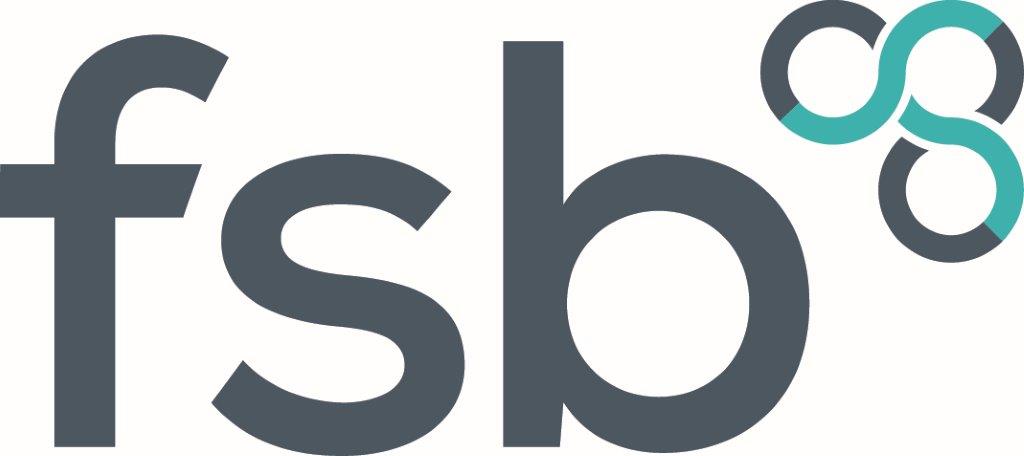Small firms call for Autumn Statement to include commitments to late payments, high streets and the self-employed
The Federation of Small Businesses (FSB) has labelled the upcoming Autumn Statement a watershed moment for the Government to cement its commitment to the small business community and cultivate conditions that focus on business recovery.
The UK’s largest business group’s call comes exactly one month before the Chancellor delivers his speech to set the economic agenda for the next year.
The timing emphasises the speech’s potential to serve as a catalyst for the robust economic recovery and growth that current conditions are failing to achieve, with all sectors from hospitality to construction firms feeling the pinch.
FSB is calling for the upcoming budget to include:
The Chancellor should take a strong stand against late payments from the despatch box. Initial announcements at the Conservative Party conference about tackling late payments are welcome, and the Chancellor has a major opportunity to lead from the front.
The SME focussed 75 per cent business rates discount for Retail, Hospitality and Leisure should be extended beyond March 2024, when it is due to expire. These sectors are facing falling revenues as the cost-of-living crisis impacts consumer spending. Many companies have been reluctant to raise prices despite escalating costs, and FSB believes they would struggle to handle an increase in business rates from the current, discounted level.
Training in new skills should be tax deductible for the self-employed. Under current HMRC guidelines, expenses can’t be claimed for training that expands into new areas of business. This means a 50-year-old self-employed construction worker looking to pivot his business in favour of a less strenuous job will not qualify. This counterproductive disincentive against acquiring new skills needs to be eliminated to promote lifelong learning among the UK’s 4.1 million self-employed.
Take action to increase housebuilding through changing the timing of Community Infrastructure Levy (CIL) payments and introducing a new Brownfield Development Relief. This will help support small housebuilders, which are key to meeting ambitious housing targets and to economic growth.
Introduce measures to help reduce health-related labour market inactivity. FSB supports expanding benefit-in-kind rules and recommends Government take decisive action to incentivise employers recruiting those who have been out of work for a long time.
FSB National Chair Martin McTague said: “This Autumn Statement cannot be business as usual. There’s exactly one month to go until the Chancellor delivers his speech, and we need focussed action. With inflation barely budging, the Chancellor has a golden opportunity to spur the economic vitality the UK needs.
"We need clear plans to help small businesses grow. Whether it's a corner shop or a web designer, a hotel, or a car garage, they are all crucial. Small firms were key to helping the economy bounce back in 2008, and to replicate that, we need to face this issue head on.
“The Government must act swiftly to end late payments, extend business rates relief, and eliminate the perverse disincentive against acquiring new skills. The future of our economy is at stake, and there's no room for half measures.”

